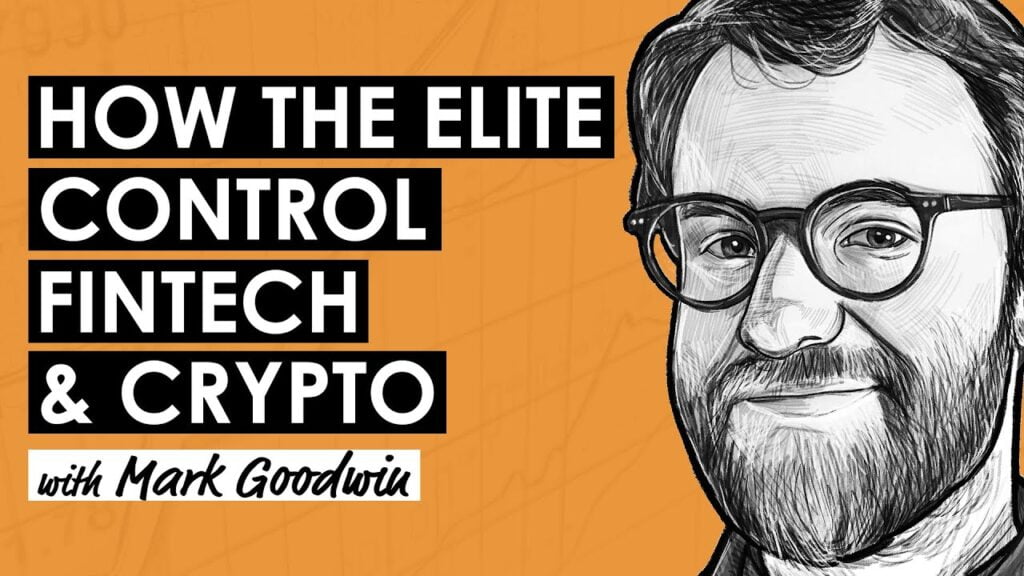Podcast Summary
In a riveting discussion, Lyn Alden, a financial analyst and investment strategist, delves into the history and evolution of money. The podcast covers the debate between the credit theory and commodity theory of money, the role of trust in financial systems, and the impact of technology on currency. Alden also discusses the pros and cons of centralized versus decentralized systems, highlighting the inherent flaws in credit money.
Key Takeaways
The Debate Between Credit and Commodity Theories of Money
- Two Sides of the Coin: The podcast explores the ongoing debate between the credit theory and the commodity theory of money, emphasizing that both have historical validity.
- Role of Trust: Whether it’s credit or commodity money, the underlying factor is trust. In a centralized system, trust is placed in the state or institution, while in a decentralized system like Bitcoin, trust is distributed.
- Historical Context: The discussion points out that the debate has evolved over time, especially with the advent of telecommunications, which has allowed for faster money movement and thus more abstract forms of money.
Centralization vs. Decentralization
- Power Dynamics: Centralized systems give enormous power to the entity in control, allowing for potential manipulation and debasement of the currency.
- Immutable Rules: Decentralized systems like Bitcoin offer a set of rules that are not easily mutable, providing a level of stability and predictability.
- Efficiency vs. Risk: While centralized systems can be more efficient, they also carry the risk of mismanagement, which can lead to economic crises.
Impact of Technology on Money
- Speed of Transactions: The podcast highlights how technological advancements have made transactions quicker, challenging the need for physical commodities like gold.
- Abstraction of Money: As money becomes more abstract, questions arise about the necessity of backing it with physical commodities.
- Future of Money: With the rise of cryptocurrencies, the podcast suggests that we may be heading towards a more decentralized financial future.
Flaws in Credit Money
- Debasement: One of the major criticisms of credit money is that it allows for the debasement of currency, affecting those farthest from the money supply.
- Non-Transparent Taxation: The podcast argues that debasement acts as a form of non-transparent taxation, diluting the value of people’s savings and wages.
- Global Impact: The discussion also touches on how these flaws have global repercussions, citing the example of Egypt’s currency devaluation.
Role of Bitcoin and Cryptocurrencies
- Emerging Alternative: Bitcoin is discussed as an emerging alternative to traditional forms of money, although it is still in a volatile stage.
- Financial Sovereignty: Cryptocurrencies offer a level of financial sovereignty not available in centralized systems.
- Future Potential: The podcast concludes by suggesting that as Bitcoin matures, it could potentially fill the void left by flawed financial systems.
Sentiment Analysis
- Bullish: The podcast exhibits a bullish sentiment towards decentralized systems like Bitcoin, highlighting their potential to solve many of the flaws inherent in centralized financial systems.
- Bearish: A bearish sentiment is expressed towards centralized systems, particularly those based on credit money, due to their susceptibility to debasement and mismanagement.
- Neutral: While the podcast does delve into the pros and cons of both centralized and decentralized systems, the overall tone leans more towards the benefits of decentralization.











